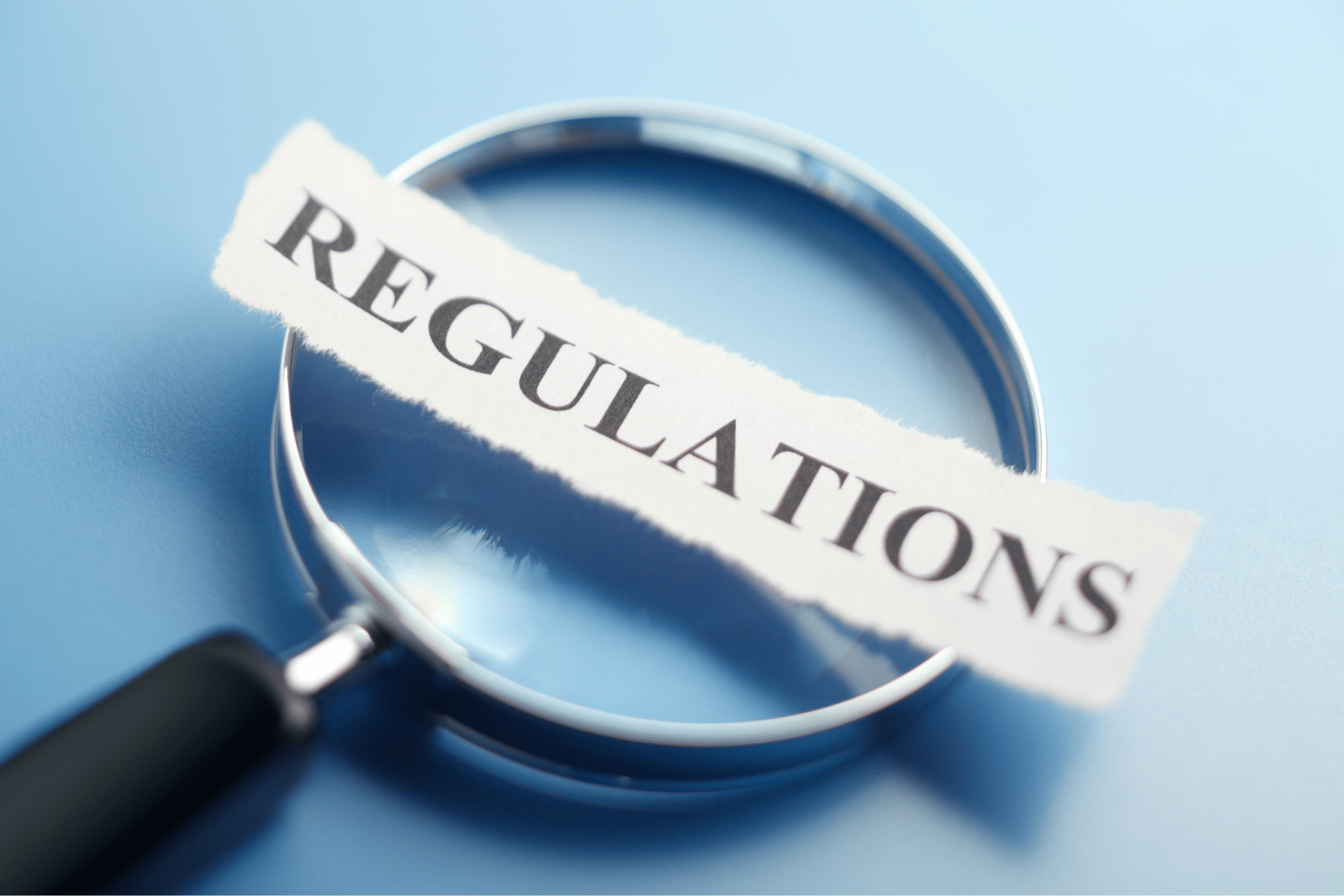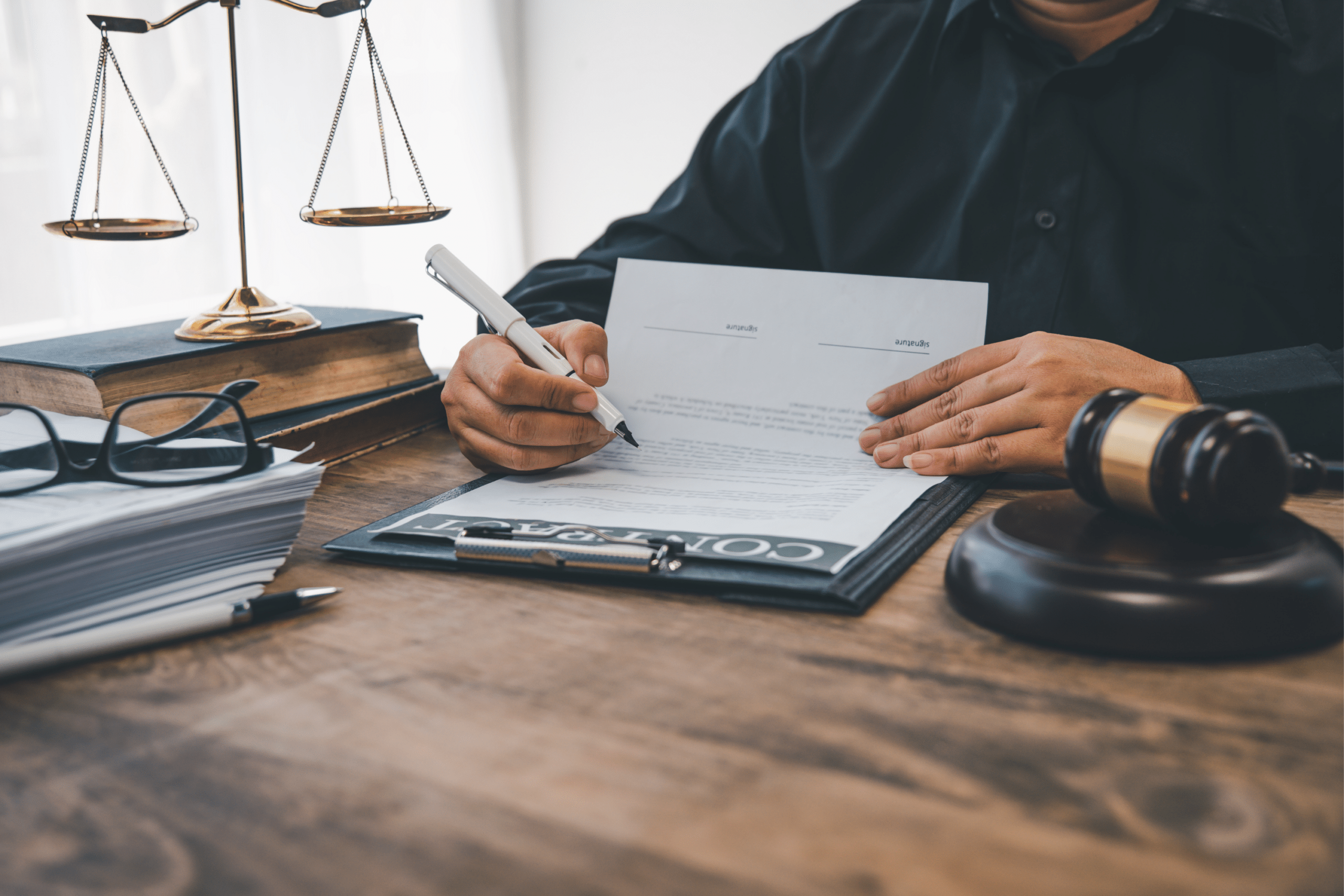Drug charges in North Carolina carry significant legal consequences. In these cases, the prosecution relies heavily on evidence to secure a conviction. However, sometimes, this evidence may contain flaws or inconsistencies that can be exploited by a skilled defense attorney.
This blog post explores various tactics used by prosecutors to present drug evidence and delves into how a defense attorney can identify and challenge weaknesses or inconsistencies in the prosecution’s case, offering insights into the critical role of legal representation in navigating the complexities of drug charges.
Prosecution Tactics in Presenting Drug Evidence
Prosecutors employ several tactics to bolster their case when presenting drug evidence in court. These tactics may include different approaches and details.
Physical Evidence
This includes seized drugs, paraphernalia, and related items like scales or packaging materials. The prosecution will attempt to establish a clear link between the accused and the evidence through witness testimony, chain of custody documentation, and field testing results.
Expert Witness Testimony
Prosecutors may present testimony from chemists or other experts who analyze the seized substances to identify their chemical composition and confirm their classification as illegal drugs.
Witness Accounts
Law enforcement officers and other individuals involved in the arrest or investigation may be called upon to provide accounts of the events leading to the charge. These accounts may include details about the discovery of the drugs, the accused’s behavior, and any statements they made.
Identifying Flaws and Inconsistencies in the Prosecution’s Case
An experienced defense attorney can meticulously analyze the prosecution’s case to identify potential weaknesses or inconsistencies in the evidence:
Chain of Custody Issues
Even seemingly minor errors in documenting the handling and transport of evidence, from the time of seizure to its presentation in court, can raise questions about its integrity and potentially lead to its exclusion.
Improper Collection or Handling
Improper procedures during the collection, storage, or testing of evidence can raise concerns about contamination or compromise, potentially impacting its reliability.
Field Testing Inconsistencies
Field tests are preliminary and may not always be definitive. Inconsistencies between field test results and subsequent laboratory analysis can create doubt about the accuracy of the initial findings.
Witness Testimony Inconsistencies
Discrepancies in witness accounts, inconsistencies in timelines, or a lack of concrete details can be exploited by the defense to cast doubt on the reliability of the witness’s testimony.
Police Misconduct
If the defense can demonstrate that law enforcement violated the accused’s constitutional rights during the investigation or arrest, such as conducting an illegal search or seizure, the evidence obtained may be deemed inadmissible, potentially weakening the prosecution’s case significantly.
Challenging the Evidence: Effective Defense Strategies
Once potential weaknesses are identified, a skilled defense attorney can employ various strategies to challenge the validity or reliability of the evidence:
Filing Motions to Suppress Evidence
If there are concerns about the legality of the evidence acquisition process, the defense may file pre-trial motions to suppress the evidence, arguing for its exclusion from the court proceedings.
Cross-Examination of Witnesses
During cross-examination, the defense attorney can skillfully question witnesses to highlight inconsistencies in their testimony, expose potential biases, or raise doubt about their recollection of events.
Expert Witness Counterarguments
In some cases, the defense may counter the prosecution’s expert testimony by presenting their own expert witnesses who can offer alternative interpretations of the evidence or challenge the prosecution’s expert’s conclusions.
Challenging the Interpretation of Evidence
The defense attorney can argue against the prosecution’s interpretation of the evidence and present alternative explanations that support the defendant’s innocence.
The Importance of a Strong Defense with an Experienced Attorney
Navigating the complexities of drug charges in North Carolina requires the expertise and experience of a skilled criminal defense lawyer.
Benefits of Experienced Legal Representation
A seasoned attorney meticulously analyzes all case details, including police reports, lab reports, witness statements, and evidence logs, scrutinizing them for potential flaws or inconsistencies that might benefit the defense.
Understanding Legal Precedents
Defense attorneys possess a deep understanding of relevant legal precedents and procedures, allowing them to effectively challenge the prosecution’s tactics and ensure the accused’s rights are protected throughout the legal process.
Strategic Defense Development
Based on the identified weaknesses in the prosecution’s case, the defense attorney develops a comprehensive and strategic approach to challenge the evidence, aiming to achieve the best possible outcome for the defendant.
Effective Communication and Representation
Experienced attorneys possess strong communication and negotiation skills, allowing them to effectively communicate with the prosecution, the judge, and the jury, advocating their client’s innocence persuasively.
Building a Defense Against Drug Charges In North Carolina
Drug charges can be highly intimidating and carry serious consequences. While the prosecution uses various tactics to present drug evidence, a skilled defense attorney can identify and exploit potential weaknesses or inconsistencies in their case. This process requires meticulous analysis, a deep understanding of the legal landscape, and the ability to construct a compelling defense strategy.
Throughout the legal process, an experienced criminal defense lawyer serves as a vital advocate, ensuring the accused’s rights are protected and fighting tirelessly to achieve the best possible outcome. Remember, this blog post is for informational purposes only and should not be taken as legal advice. If you or someone you know faces drug charges, seeking competent legal counsel from a qualified attorney is crucial.










